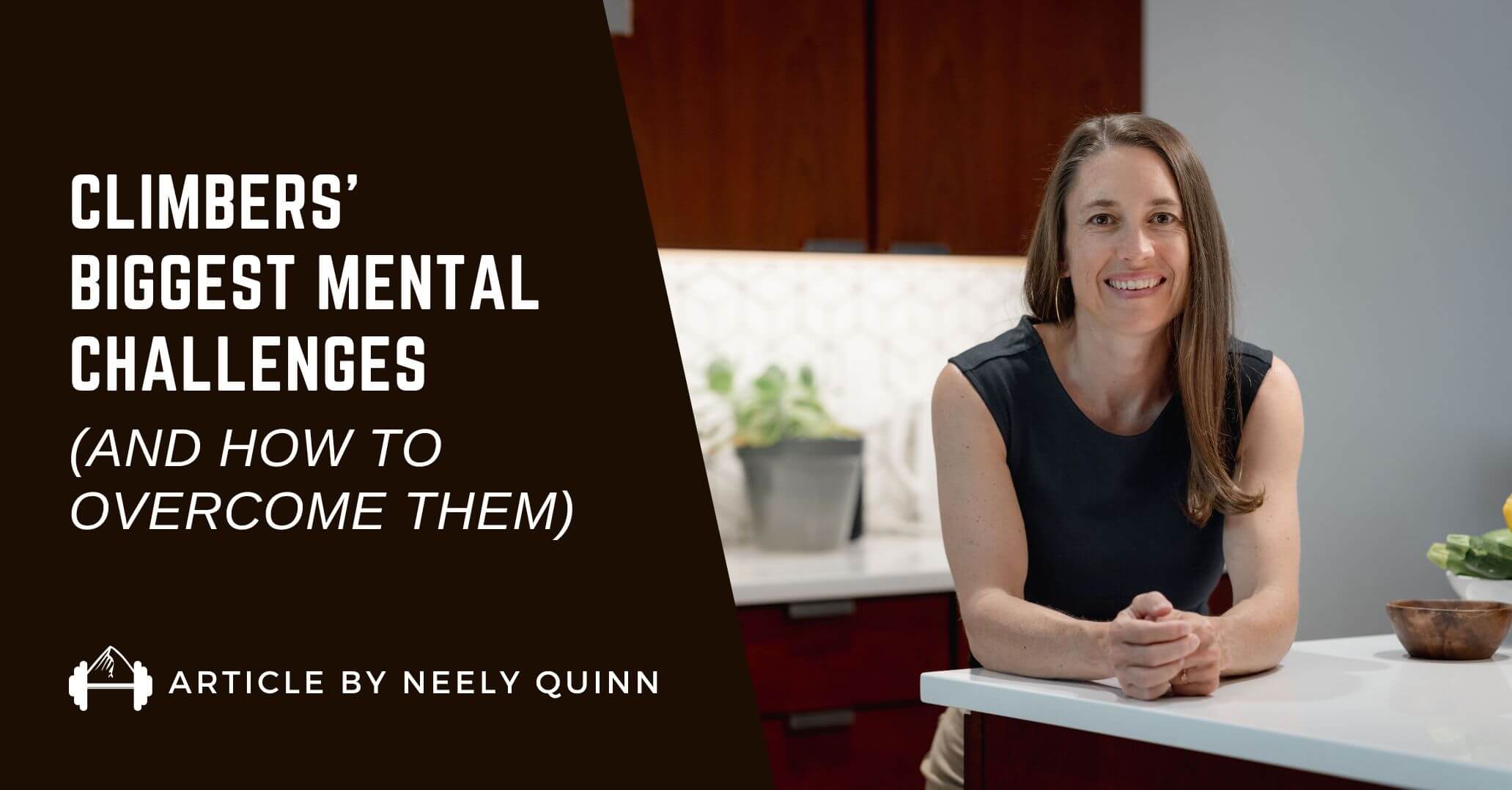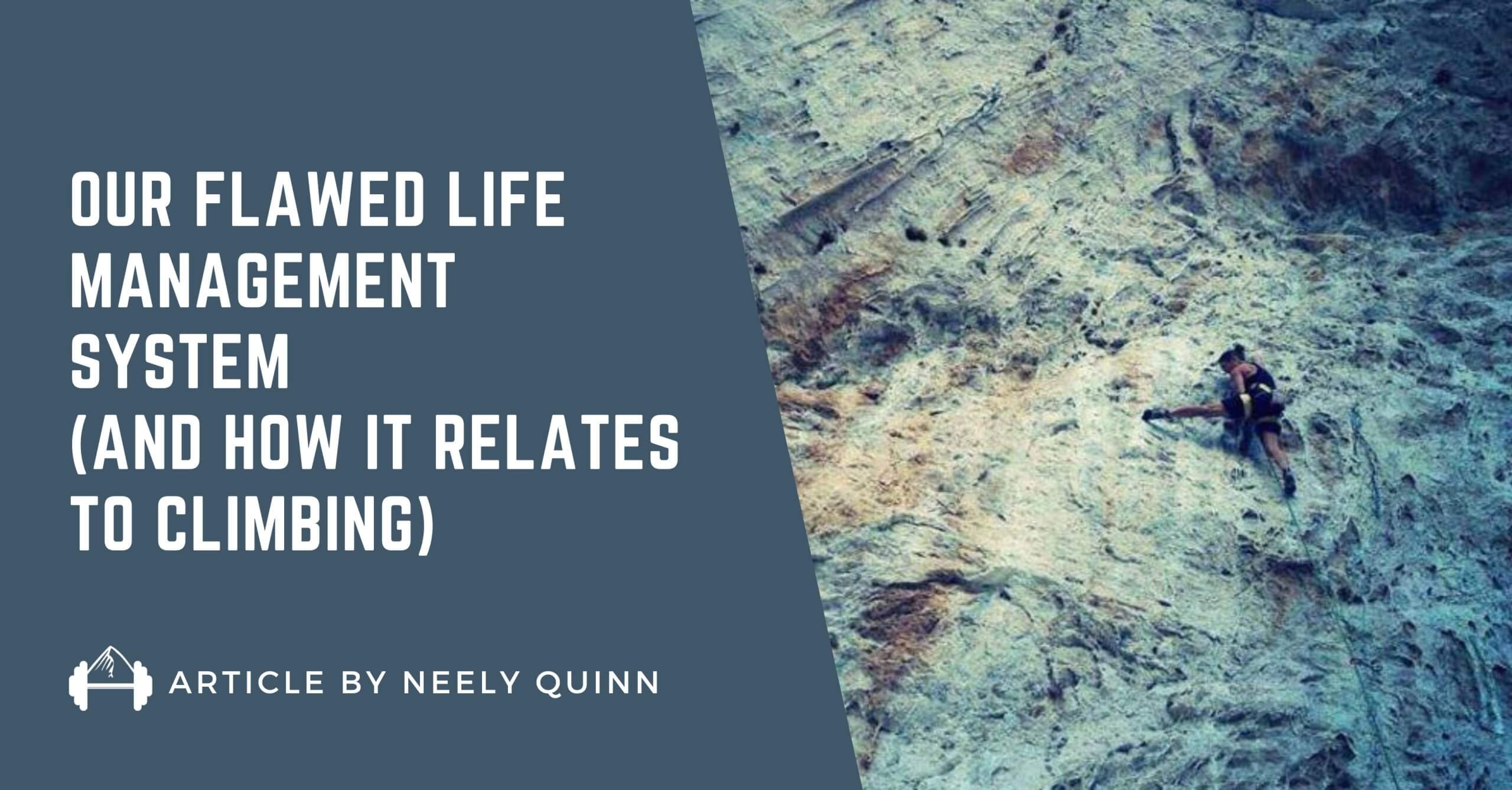By Josie Nickum
There I was, untying my knot at the bottom of my first project on gear. Partly, I was wrestling with the knot after so many whips. Mostly, I was wrestling with overwhelming anger and a familiar inner critic. We knew each other too well, but here she was anyway, concluding I should quit climbing after my third send attempt. She argued I would never be the seasoned Index climber I wanted to be. And, at that moment, it seemed like she had a point.
I’m a mental health counselor in my waking life and a lover of climbing in my off hours. My work in the mental health field has helped me learn to work with the good, the bad and the ugly in other people, but my experience climbing has helped me continue to work with these parts in myself. Though I fell in love with climbing many years ago, in the last few years I’ve uncovered a part of me that really struggles to be nice to myself when projecting harder routes.
A common character that many people encounter is the inner critic…
The next time you’re struggling on a climb, see if you can shine a spotlight on your inner critic. Here’s a step-by-step format for how to do that.
1. The inner critic whispers…
“You’re the worst, you should quit, you’ve been climbing for __X__ amount of time and you can’t even do _X___?!”Or some ugly variation on that theme.
2. Bring it to light: Awareness and understanding is the first step.
Writing these voices down in a journal or saying “this is the story the inner critic tells me” can help give you some room in your head to breathe, so you can start to work with it. The truth is many climbers grew up in highly competitive environments where their self-worth was, in fact, defined by physical achievements. While these environments inspire ample drive and passion, they risk nurturing inner critics that drive too hard and egos that take themselves too seriously.
Some people realize their inner critic voice sounds exactly like a parent, or that mean coach they had when they were in fourth grade. These voices use shame to motivate us, or shut us down because the risk of failing feels too great. A mentor of mine used to say, “Josie, you have to learn to say no to the whispers of the demons and the monsters, and yes to self-love, yes to self-respect*.”

3. Inner protector vs. Inner coach
Our inner critics are simply old, rather near-sighted creatures trying to create an inner armor by saying all the things we’re afraid everyone else is thinking. The problem is, no one really cares that much about how good you are at climbing.
Most importantly, however, the inner critic triggers our survival brain’s fight-or-flight response, which then floods our bodies with fear. We desperately want to do well, but we’ve created internal stakes that are so high, our bodies shut down. Brain science has verified that people respond best to a compassionate and persistent inner coach. We need to remind the inner critic that we don’t need that type of help anymore, thanks.
4. Practice perspective, to move beyond black and white thinking.
Defining our worth by success or failure in the counseling field is what we call “black and white thinking.” The dissonance between who we want to be and the reality of us as whole, imperfect humans merely fuels anxiety and creates an instable ego. Most of us know deep down that even when we send our projects, our egos are never fully satisfied.
When we stay close to why climbing is valuable to our lives and to the big picture, we are less vulnerable to our inner demons that think we should quit when things are tough. Climbing is, at best, a very personal (if brutal) love story.
At the bottom of the pitch that day…
I looked out at the tiny town of Index below me, refocusing on my breath. I watched the drama of the raging critic like a spectator, using the feeling of my tailbone in the ground to anchor me and re-focus why I wanted to be here in the first place. Slowly, I found the kindest inner coach voice in me who said, “Jeez, Jos, you just haven’t figured out the bottom part yet!”
Then, tearing off the biggest flapper known to womankind, I taped up my finger and got back on the climb, but on top rope this time. I stopped forcing myself to send, and realized I just needed more practice. I had to say no to the demons and say yes to self-respect.
The next day, I sent. But, more importantly, perhaps, I let go of my inner critic long enough to try.
About the Author

Josie Nickum is a mental health counselor by training based in Skagit County, Washington. She specializes in trauma-informed and body-oriented approaches. She especially enjoys working with women on issues related to over-functioning, body image and perfectionism.
In her personal life, she enjoys all types climbing, mountain scrambling and trail running. Once she got fourth (in women) at a trail marathon but suspects it’s because all the other runners bailed when they saw how rainy it was that day. She especially loves run out slab, which Alex Honnold says is all there is at Index, anyways. And while she hasn’t sent 5.11 on gear yet, she hopes to one day.
If you live in Washington and want to work with her, you can get in touch via email at westcoastheartllc@gmail.com.






Leave A Comment